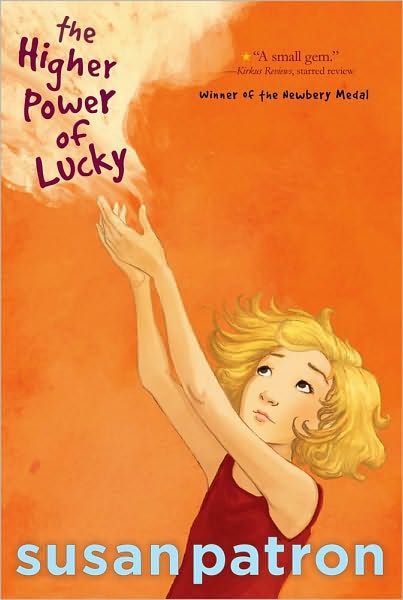By Lois Lowry
Interest Level: Grades 5+
Reading Level: 5+
Jonas lives in the Community, where Sameness is valued above all else. In the Community, there is no pain or fear and there is little to worry about. Each child is given certain identical privileges as they progress from one year to the next, with all children celebrating their year at the same time. Children are not born to their parents, but are raised by married couples who are matched based on compatibility once they apply for children and every family is perfectly balanced with one boy and one girl child. Jonas, like all other Elevens who are about to become Twelves, is very curious about what job he'll be assigned at this year's Ceremony of Twelves. When he is passed over he experiences confusion and then shock when it is revealed that he will be the Community's next "Receiver of Memories." His days are vastly different than he expected as memories are passed on to him by the Giver- the previous Receiver of Memories. As he receives these memories he comes to realize that the peace and stability of the Community are because the residents have no memories of anything else. Jonas and the Giver decide that for the good of the Community Jonas must leave so that the memories will be released for all to experience while the Giver will remain behind to help the Community deal with this sudden influx of memories.
Lowry, L. (1993). The Giver. Boston, MA. Houghton Mifflin.
